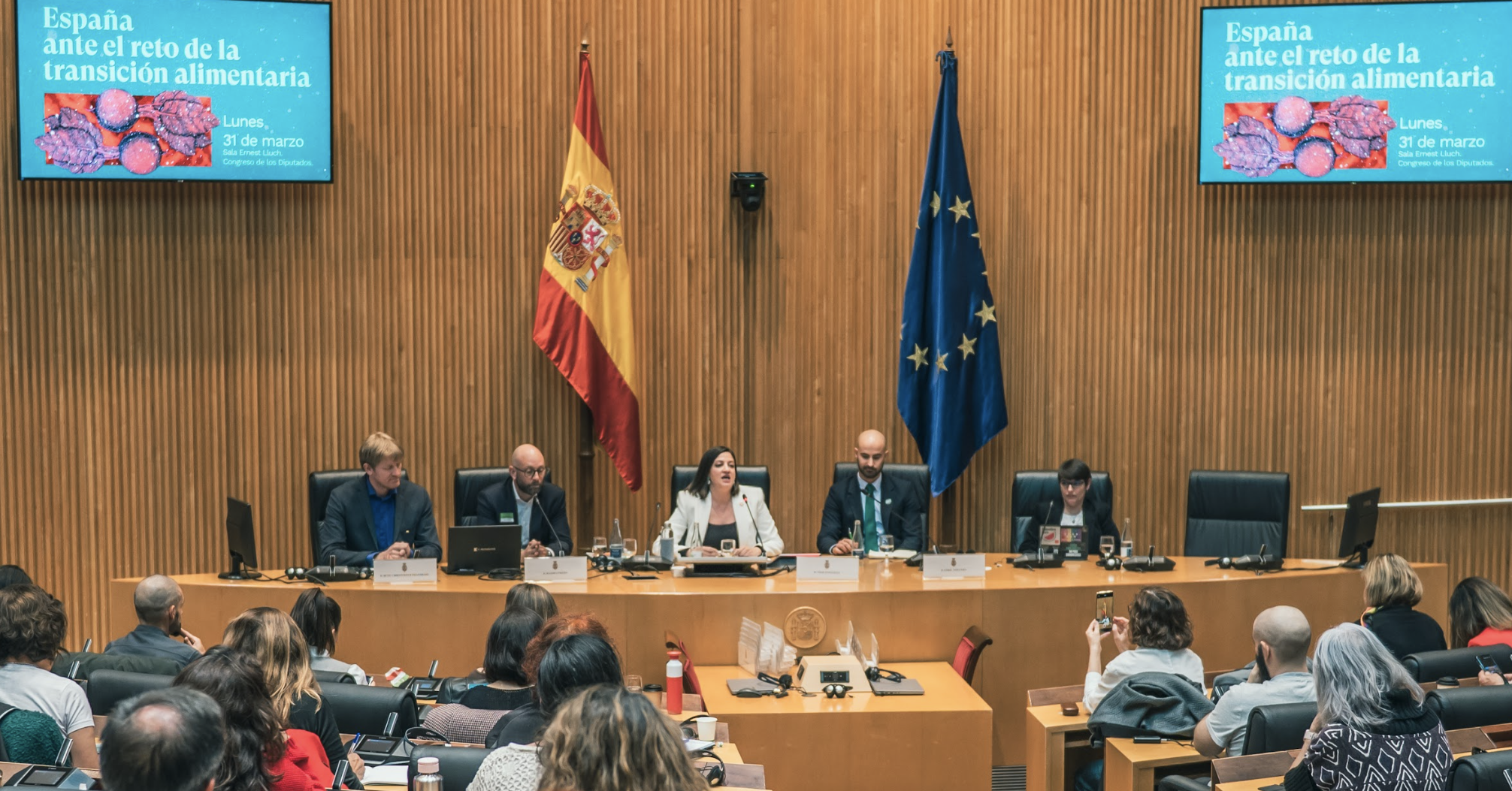Dear FAST friends,
Today The Animal Law Foundation has published a new report on Food Chain Misinformation!
Despite 85% of animals in the UK being reared on industrial animal farms, which involves routine mutilations, confined living, such as cages and high stocking densities and selective breeding, The Animal Law Foundation’s investigation revealed this is not what the public is being shown on a system wide basis.
Our investigation reviewed the websites, advertisements and products of 47 producers and processors of dairy, eggs, and chicken, duck, turkey, pig, and lamb meat and found that 84.09% of producers used imagery, videos, or drawings of animals living outdoors. Whilst 61.36% showed images of animals indoors, all of the animals appeared healthy, 29.63% showed spacious conditions and 48.15% used blurry, cropped, or unclear imagery. The investigation also found that all major supermarkets feature images of healthy animals outdoors on their corporate websites. Our investigation also covered 30 random episodes of animal farming programmes across five UK channels: BBC 1, BBC 2, CBEEBIES, ITV, and Channel 4. Whilst all programmes showed animals both outdoor and indoor, all the indoor conditions were high welfare without the standard treatment experienced on intensive farms, such as prolonged confinement and mutilations.
The Animal Law Foundation has also identified that major British supermarkets are using “British made” claims to market some meat and fish products that are largely made outside the UK, for example Aldi’s Crestwood Bacon and Cheese Wraps claim to be Made in Britain, but are made with EU pork.
With dairy, consumers are also largely unable to detect where their milk comes from, due to dairy pooling, where milk is processed using milk sourced from multiple farms, which means unless milk is labelled organic a consumer is unlikely able to know if the cow has ever grazed on grass or not. With eggs, the law in England, Scotland, and Wales is due to be amended due to avian flu to allow producers to continue using the free range label regardless of the duration of the mandatory housing measures imposed on hens. This means that a free range hen could be spending all of her life indoors.
The above is against the legal backdrop of the Digital Markets, Competition and Consumers Act 2024 Act, due to come into force in April 2025, which prohibits unfair commercial practices, i.e. a practice that is likely to cause the average consumer to take a transactional decision that they would not have taken otherwise, as a result of a misleading action or omission, which can include false or misleading information. The Consumer Protection from Unfair Trading Regulations 2008 are currently in force and are largely the same regarding this prohibition.
Find the link to the report here and find out what you can do to raise awareness on this issue here. You can support us simply by sharing our posts on social media:
Instagram | LinkedIn | Twitter | Bluesky
Thank you,
Morgane



